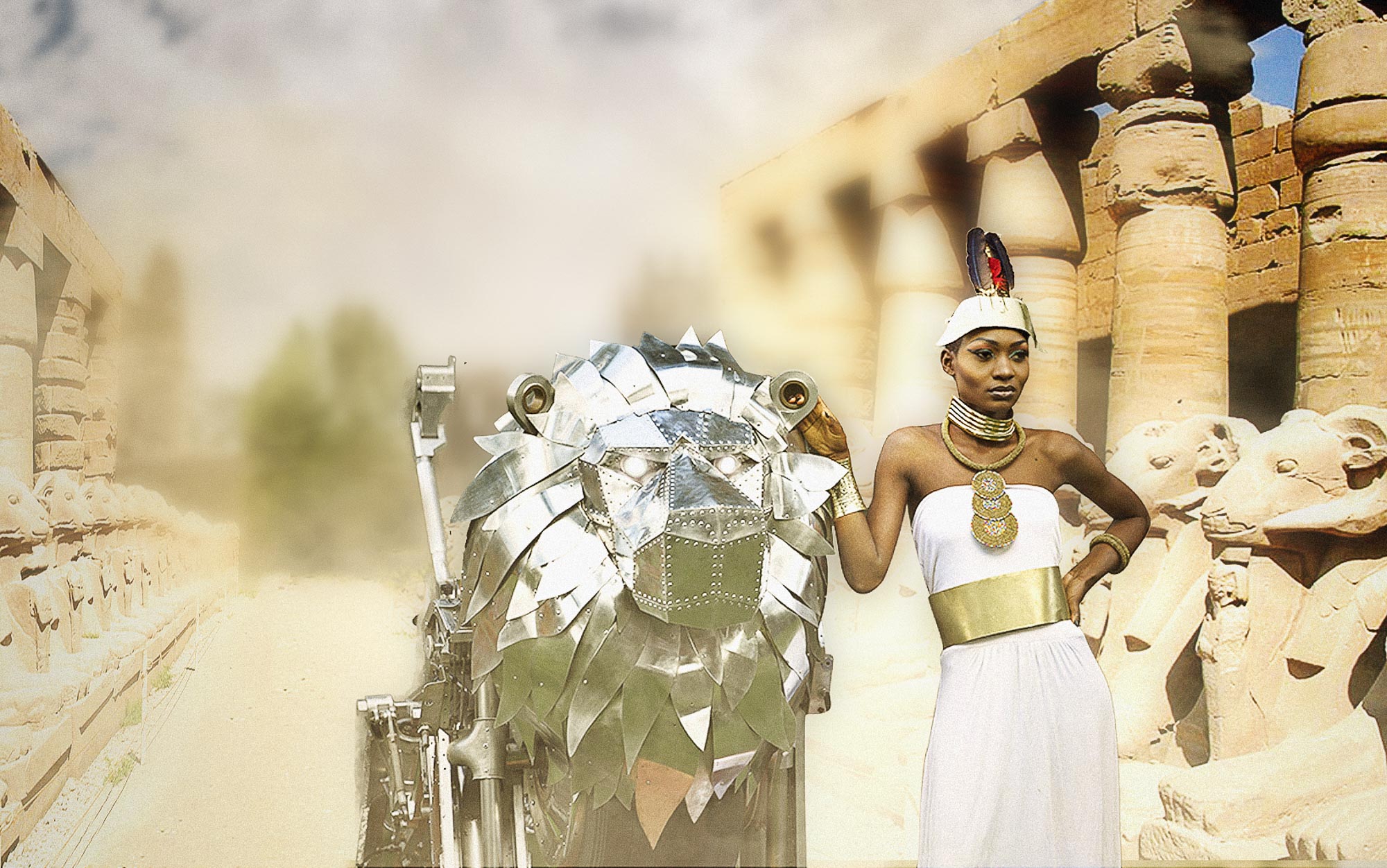Award-winning Kenyan photographer Richard Allela brings out the narrative of the powerful African queens during the Kingdom of Kush. During 3 BC and 2 BC, the empire of Kush, which ruled across what is now considered modern day Egypt and Sudan, was lead by a line of “independent female rulers” who are referred to as the “Candaces” or “Kandake”. The term “Candace” or “Kandake” is a title given to queens who ruled Meroe, the capital of the Kush Empire located east bank of the Nile in Sudan. These “Kandakes” ruled either independently or alongside their husbands. However, the true fascination is that some of these “Kandakes” were worrier queens who led their armies to war, many of them were notorious for riding fierce animals to the battle field. In the Bible, Philip the Apostle encounters “a eunuch of great authority” under her reign. She is referred to as “Candace, queen of the Ethiopians”, a region which is considered modern day Sudan. The “Kandake” then converts him to Christianity according to Acts 8:27-39. The region of Meroe was ruled by several “Kandakes” including Shanakdakhete, Amanirenas, Amanishakheto, Amanitore, Amantitere, Amanikhatashan, Maleqorobar, Lahideamani….
African Photographer Brings Women Back on the Frontline of African History
May 15, 2019

